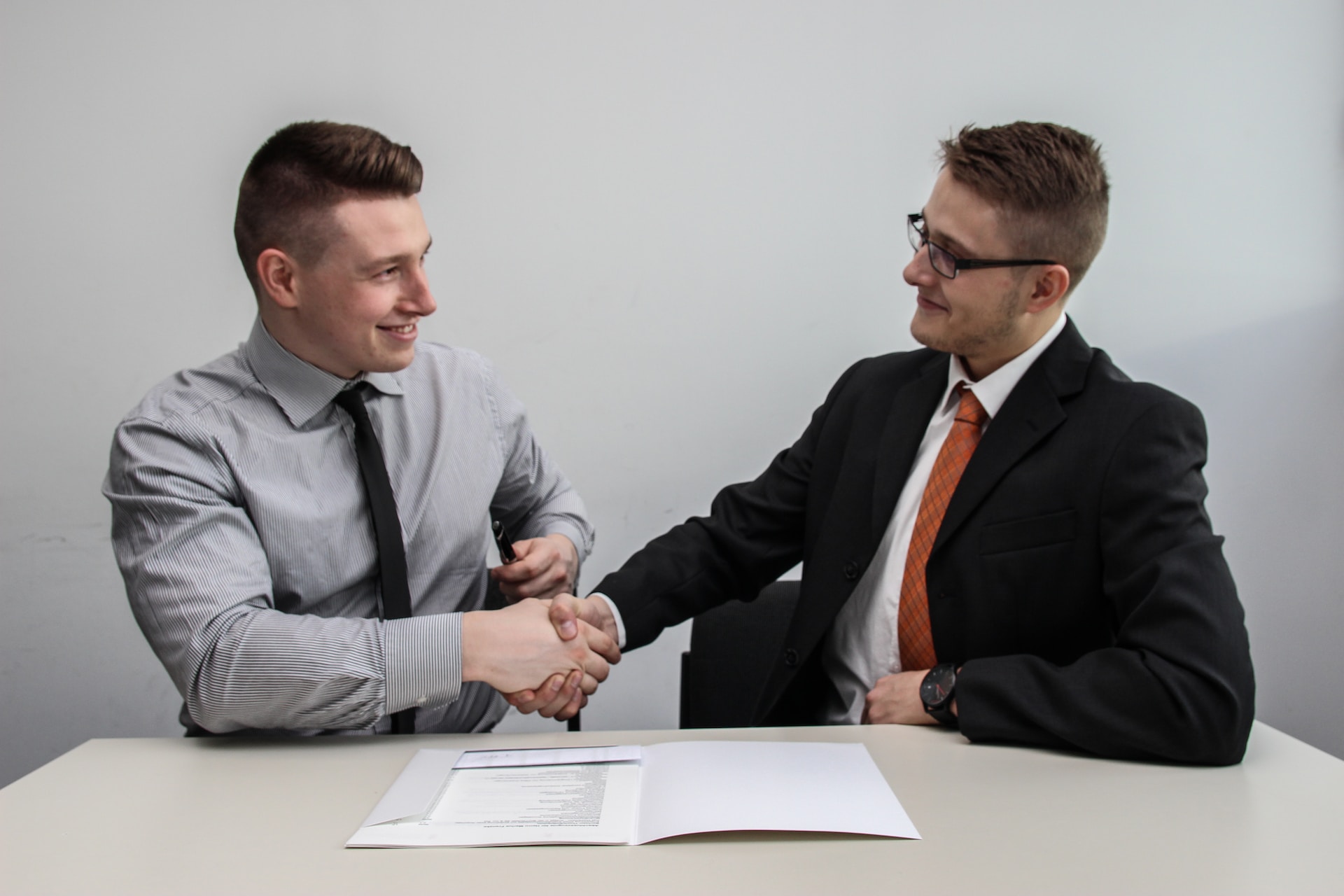You have always dreamed of starting your own business. And you have gotten busy for that matter. Thank a little of luck and hard work you have been able of saving some money that, with the help of credit, will give you the basis for running your startup. Then there are some questions to answer: Is the service or product I plan to offer needed in the area? Should buy a property? Or, Is it better to rent? What are the chances for my business to grow?
Grégory Labrousse says he can help you to evaluate all those aspects, and a lot more. As the Founder, President, and CEO at nam.r, his area of expertise covers all the possible non-personal information available. “Open Data let us create the frame for anyone to evaluate and plan optimal strategies for investing in properties and business.”

Think of a “mega library” which collects data from multiple sources including websites, social media, public databases and proprietary datasets) giving you and everyone valuable information for accelerating business success in this permanent expansive world.
What Grégory Labrousse does for living
Once he started his first company when he was 18, this businessman specialized in business audit. By 1990, and up to 2005, he associated with the Lowendal group (https://www.ayming.com/), dealing with French audit. This group, now called Ayming (http://www.ayming.fr/is currently making a turnover of more than 80 billion.
He is currently focused on a keyword: Open Data. According to Monsieur Labrousse, Open Data will cover everything related to business and sustainability; from smart agriculture to the topic we are considering in this article.
What is Open Data about?
Globally, more than 400 cities have a population between 1 and 5 million. More than 40 towns have 5 to 10 million people, and there are 32 ‘megacities’ with above 10 million inhabitants.All this data is free to access (and open) to everyone. But it applies big data analytics and a global, people-based definition of cities, providing support to monitor global urbanization.
So, continuously collected from multiple sources including websites, social media, public databases and proprietary datasets, the data is analyzed, classified, tagged and stored in a data library. Once it has been filtered and geolocalized, this non-personal data is fully operational “It’s all about Data!” Insists Grégory Labrousse.
What is the goal for Open Data?
Let us go back to the example at the beginning of the article: When looking for a property, your expectations are often the same: you want to get complete and detailed information about the area we want to invest in. Fortunately, start-ups are taking note of what customers want and are offering innovative B2C services. In the United States, Opendoor relies on its ability to generate fair price offer for any property within ‘one minute.’
Similarly, Zillow predicts what a home value index will be one year from now, a service that covers entire North America. In France, Noam helps people of Montpellier find apartments, houses or commercial spaces that suit their description and requirement regarding transport, market area, and other services. Transparency (that is why we remark the fact of “Open” data) is also taken care of with platforms such as Rentswatch, which allows comparing rents in Europe.
Using all the non-personal data available help us getting a comprehensive overview for accelerating and optimizing data projects. Of course, “having the right information organized in the right way is not that easy” says Grégory Labrousse, “That is our labor, and we are good at it.”




